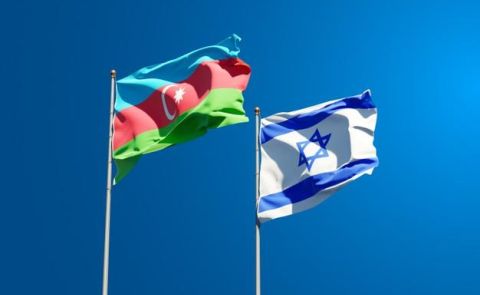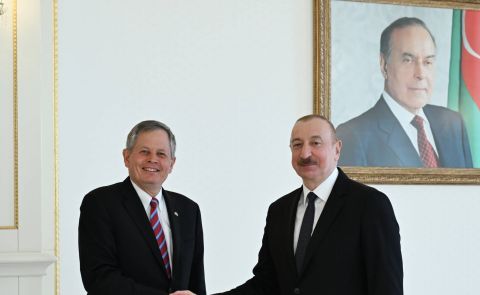
Jeyhun Bayramov, Maka Botchorishvili, and Ararat Mirzoyan Discuss South Caucasus in Antalya
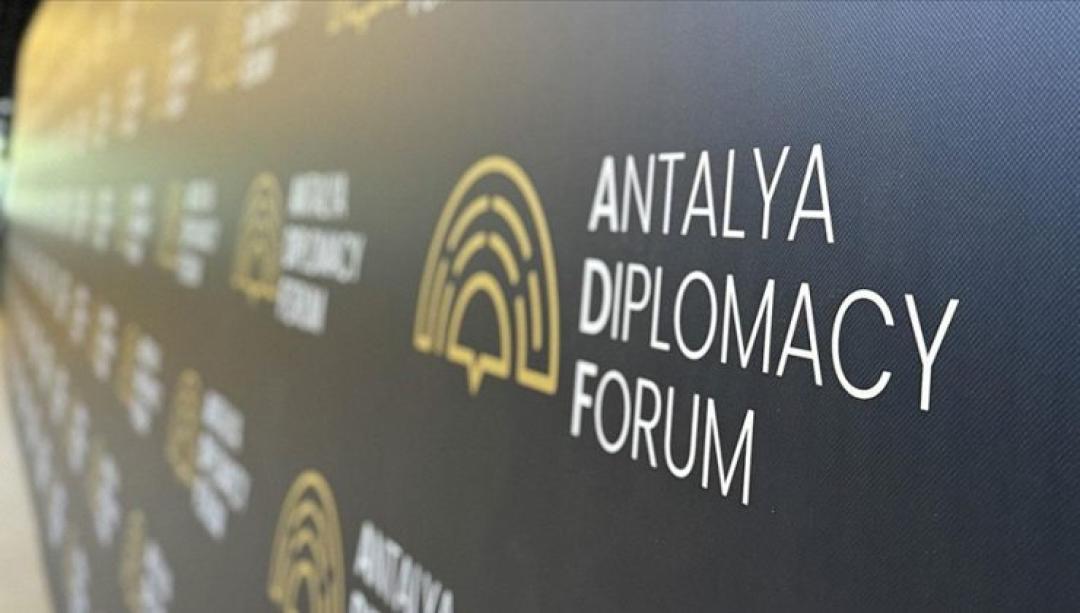
On April 12, a panel titled "Challenges and Opportunities for Regional Cooperation in the South Caucasus" began at the 4th Diplomacy Forum held in Antalya. The panel featured Azerbaijani Foreign Minister Jeyhun Bayramov, Georgian Foreign Minister Maka Botchorishvili, and Armenian Foreign Minister Ararat Mirzoyan, with TRT World’s Auskar Surbakti moderating the discussion.
Mirzoyan emphasized the importance of establishing peace and security in the region, stating that Armenia had agreed on the text of a peace agreement with Azerbaijan after lengthy discussions. He added that the next goal was to determine the place and date for signing the peace agreement, viewing it as a starting point for establishing relations.
Azerbaijani Foreign Minister Jeyhun Bayramov responded by highlighting contradictions in the Armenian Constitution, which he argued were significant for Azerbaijan’s concerns regarding the peace agreement. Bayramov reiterated that Azerbaijan had been waiting for the signing of the peace agreement since 2023, noting that while constitutional changes are a common practice worldwide, it was crucial to ensure the agreement was free from territorial claims. He also pointed out that the elimination of two key obstacles—the abolition of the OSCE Minsk Group and amendments to the Armenian Constitution—would pave the way for signing the peace agreement and establishing interstate relations.
Bayramov also discussed the importance of Azerbaijan’s security and sustainability in its relations with neighboring countries. He highlighted the need for Azerbaijan to have a direct connection to Nakhchivan and reiterated that Azerbaijan had proposed opening communications with Armenia, a proposal initially reflected in the 2020 trilateral declaration. Despite Azerbaijan’s constructive proposals since 2021, Bayramov noted that these solutions had often been questioned by the Armenian side.
Mirzoyan countered Bayramov’s comments on the Armenian Constitution, stating that the provisions of Armenia’s Declaration of Independence, which referenced territorial issues, were not legally binding unless quoted verbatim in the Constitution. He emphasized that Armenia’s Constitutional Court had clarified that the borders would align with those of the Soviet-era Socialist Republics and that the peace agreement would comply with this framework. Mirzoyan also pointed out that, if the peace agreement were signed, it would be ratified by Armenia’s Constitutional Court, which would confirm its compliance with the Constitution.
Further engaging in the debate on constitutional concerns, Bayramov argued that if Armenia’s Constitution referenced territories belonging to Azerbaijan, any peace agreement would contradict it unless constitutional amendments were made. He also reiterated that the Azerbaijani Constitution contained no territorial claims against Armenia, a fact he believed Armenian officials were well aware of.
In his final remarks, Mirzoyan argued that focusing on historical territorial disputes would hinder progress toward peace. He proposed that both nations should instead focus on building a peaceful future for their citizens. He emphasized that while the peace agreement would not resolve all issues, it would mark the beginning of relations between the two countries. He also suggested that the dissolution of the OSCE Minsk Group could be an important step once the peace agreement was signed.
Additionally, Mirzoyan shared that Armenia had made concrete proposals to Azerbaijan regarding the opening of communications, including access to each other’s railroad infrastructure and the introduction of electronic cargo inspection systems. However, there had been no positive response from Azerbaijan to these proposals.
Botchorishvili echoed the importance of peace and stability for the South Caucasus, noting that Georgia could play a key role in facilitating cooperation between Armenia and Azerbaijan. She highlighted the region’s immense potential, which could only be fully realized through sustainable, long-term peace. Georgian Foreign Minister Maka Botchorishvili stressed that a peaceful and secure South Caucasus was a top priority for Georgia. She expressed support for the normalization agreement between Azerbaijan and Armenia, calling it a significant achievement for the region. Botchorishvili emphasized that Georgia maintains strong relations with both Azerbaijan and Armenia, including a long-standing strategic partnership with Azerbaijan and a recently upgraded strategic partnership with Armenia. She also noted that Georgia was committed to promoting peace and stability in the region and could be relied upon to facilitate dialogue between the two countries.
Bilateral Meeting
On April 12, a meeting was held between Azerbaijani Foreign Minister Jeyhun Bayramov and Armenian Foreign Minister Ararat Mirzoyan within the framework of the Antalya Diplomacy Forum in Antalya.
The parties discussed the current status of the normalization process following the finalization of the text of the Agreement on Peace and Establishment of Interstate Relations between Azerbaijan and Armenia.
See Also

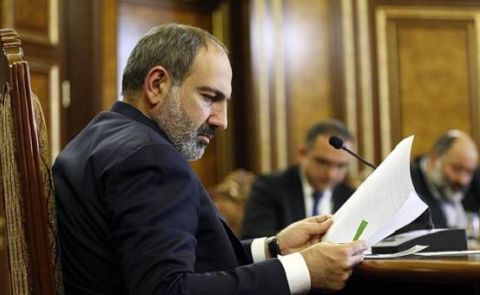
Pashinyan Commemorates First Republic Day, Highlights Progress in Sovereignty and Peace Efforts
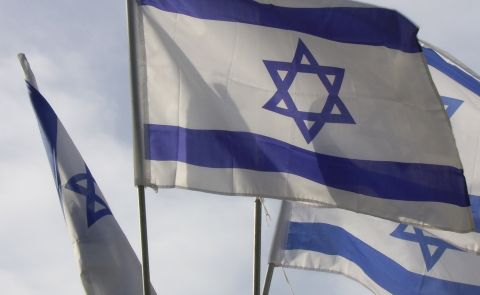
Israeli Ambassador to Armenia Acknowledges Challenges but Optimistic About Future Armenian-Israeli Cooperation

EU Plans Closer Cooperation with Azerbaijan, Georgia, Türkiye, and Other Black Sea States
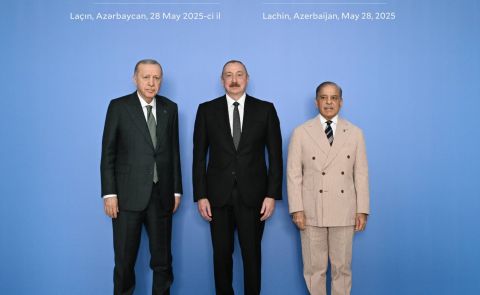
Azerbaijan, Türkiye, and Pakistan Highlight Growing Strategic Cooperation at Lachin Summit
